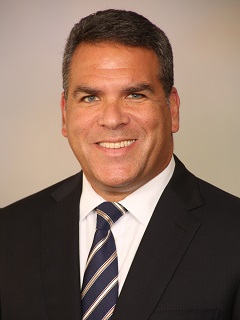The SEC’s Division of Examinations highlights identified ethics and compliance issues relating to investment advisers’ use of material nonpublic information. This release follows an earlier Risk Alert directed toward registered investment advisers to private funds calling out disclosure, due diligence, and conflicts of interest issues (see KPMG Regulatory alert here) as well as the SEC’s 2022 Examination Priorities, which included advisers to private funds and standards of conduct as areas of “significant focus” (see KMPG Regulatory Alert here). SEC registered investment advisers should look to these areas when considering risk coverage, controls, and testing in anticipation of heightened regulatory attention to their compliance programs.
SEC Examinations Risk Alert: Investment Adviser MNPI and Code of Ethics Compliance
SEC risk alert identifying ethics and compliance issues relating to investment advisers’ use of material nonpublic information

Share
Dive into our thinking:
SEC Examinations Risk Alert: Investment Adviser MNPI and Code of Ethics Compliance
Download PDFGet the latest from KPMG Regulatory Insights
KPMG Regulatory Insights is the thought leader hub for timely insight on risk and regulatory developments.
Explore more

Points of View
Insights and analyses of emerging regulatory issues and their impact.

Regulatory Alerts
Quick hitting summaries of specific regulatory developments and their impact.

Washington Report 360
A weekly newsletter covering legislative and regulatory developments affecting financial services firms—in 360 words or less.
Meet our team

Amy S. Matsuo
Principal, U.S. Regulatory Insights & Compliance Transformation Lead, KPMG LLP

Mark McKeever
Director Advisory, FS Regulatory & Compliance Risk, KPMG US

Laurence Godin
Principal, Advisory, FS Regulatory & Compliance Risk, KPMG US
